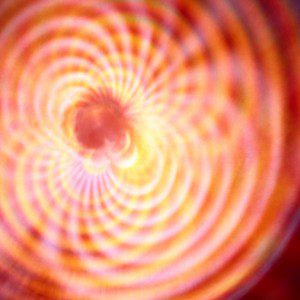 This is the last installment of the final set of reflections on obstacles to practice focusing on the Buddha’s five hindrances (well not his hindrances, but the five that he set out as obstacles to meditation). The Five are a laundry list of things that are rarely a good idea–sensual desire anger, anxiety, laziness, restlessness, and doubt. We’ll look at these one by one.
This is the last installment of the final set of reflections on obstacles to practice focusing on the Buddha’s five hindrances (well not his hindrances, but the five that he set out as obstacles to meditation). The Five are a laundry list of things that are rarely a good idea–sensual desire anger, anxiety, laziness, restlessness, and doubt. We’ll look at these one by one.
Let’s consider doubt and by extension, faith. If you approached practice without any doubt, you’d be cocky. How can you be so certain about the uncertainty of moment-to-moment experience. Doubt is simpatico with the beginner’s mind–“What is about to happen? I don’t know, let me find out.”
Too much doubt, though, can be crippling–“Why am I doing this stupid practice, I’ve got better things to do with my time.” As with most things, a middle path makes sense.
I enjoy Sogyal Rinpoche’s perspective on doubt when he said:
Let’s not take doubts with exaggerated seriousness, or let them grow out of proportion, so that we become black-and-white or fanatical about them. What we need to learn is how slowly to change our culturally conditioned and passionate involvement with doubt into a free, humorous, and compassionate one. This means giving doubts time, and giving ourselves time to find answer to our questions that are not merely intellectual or “philosophical” but living and real and genuine and workable.
Rinpoche suggests living our way into questions. Indeed mindfulness practice can be seen as an organic process of investigating the questions of life as they unfold in each moment. When the more fanatical forms of doubt arise, we can tag them as thoughts that don’t reflect some deeper reality.
“Why am I doing this?” is a legitimate question. “Couldn’t I be doing something else?” is another legitimate question.There is a reason that you are trying to meditate. What is that reason? There are many reasons we might meditate. We are tense and need to relax. We have heard that it is good for us. We may have a desire to get to know ourselves in the intimate way that meditation practice provides. We may be seeking wisdom–and this intention cannot be pursued, I would suggest, without doubt as an accompaniment.
How do I differentiate wisdom from self-deception? The path towards wisdom is a path of continual questioning. If you think you’ve figured out it with finality–that you are now wise beyond reproach, I would suggest that self-deception has taken hold. That form of certainty suggests a closed-minded, an arrogance if you will, that can only lead to trouble.
Many self-proclaimed “wise” spiritual teachers have generated much harm by believing they were beyond reproach. Humility is a good companion to the pursuit of wisdom and doubt is a close cousin to humility. I often feel like I have no idea what I am doing on the cushion. While at first this recognition causes a spike in anxiety, this tension gives way to a sense that not knowing is integral to knowing.
By embracing doubt, the ground can be touched. This ground is not the final word, but is the next word in the conversation that seeks mindfulness, wisdom, well-being, and happiness. Doubt gives rise to faith that this is a worthwhile way to spend my time, that practicing mindfulness is meaningful endeavor.
Here are the links to all the posts in this series:

